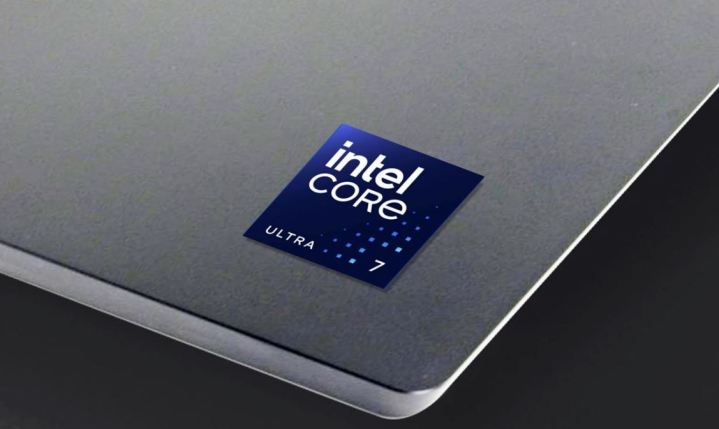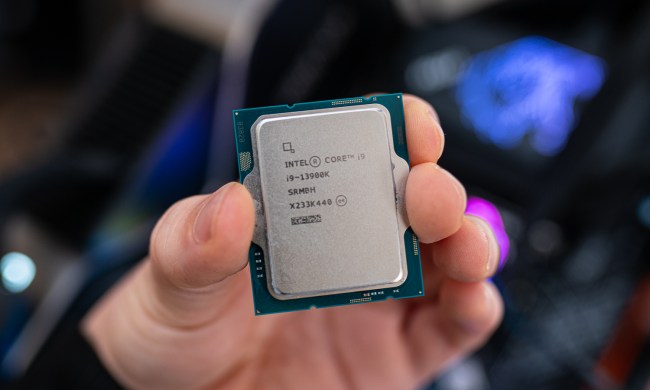
Intel’s upcoming 14th-gen desktop processors are expected to be a minor refresh, which is a bit of a disappointment. On the other hand, the mobile series is shaping up to be quite exciting. During this year’s Hot Chips conference at Stanford University, Intel executives confirmed that the upcoming 14th-gen Meteor Lake series will be driven by AI.
Meteor Lake chips will be able to make use of AI to manage power and the transition between active and low-power states, as per information shared by PCWorld. The company is calling it the “Intel Energy Efficiency Architecture” and the AI-based power scheme can be expected to make its way into future products, including its upcoming client processors.
“We care very much about responsiveness when we interact with the computer. We want an immediate action, and we don’t want to wait too much,” said Efraim Rotem who is part of Intel’s Design Engineering Group.
To enhance performance, the usual approach involves directing additional power to the processor. This allows the processor to operate at a higher speed, thereby completing tasks more quickly. However, the CPU needs to determine when a task is completed before transitioning the processor to a low-power mode. This concept is referred to as Dynamic Voltage and Frequency Scaling (DVFS). The issue with power management is determining the optimal frequency at which to operate the processor.
The algorithm will have the ability to understand and predict the manner in which a user opens a webpage, scans its content, concludes the interaction, and proceeds to the next task. This very algorithm has been utilized across various other activities. What sets this apart is that the algorithm autonomously learned these processes, extracting small patterns of behavior that surpass the level of detail that Intel had initially programmed.
Using AI, Meteor Lake processors will also offer improved responsiveness by up to 35%, as measured by the time it takes for the CPU to transition to a high-power state, according to Rotem. However, there’s also value in determining the optimal time to switch to a low-power state, resulting in potential energy savings of up to 15% compared to previous configurations. Rotem also emphasized the difference between “energy,” defined as the work accomplished over time divided by the power utilized for that work, and the broader metric of overall power consumption.
While Intel has yet to confirm a launch date for the Meteor Lake series of mobile processors, a rumor earlier this year from YouTuber Moore’s Law Is Dead suggests that it should reach markets in October 2023. The company, however, is planning to host the Intel Innovation conference in San Jose on September 19, where we could hear more about its new laptop CPUs.




